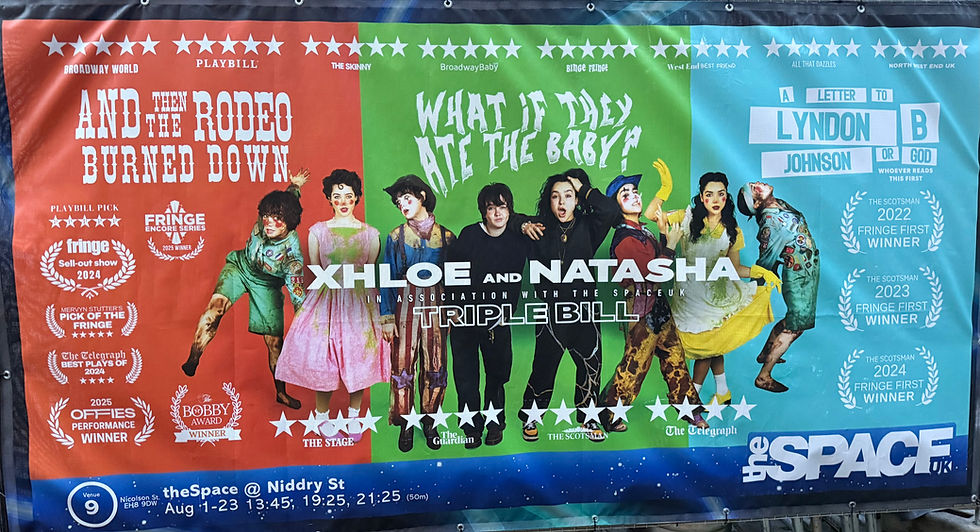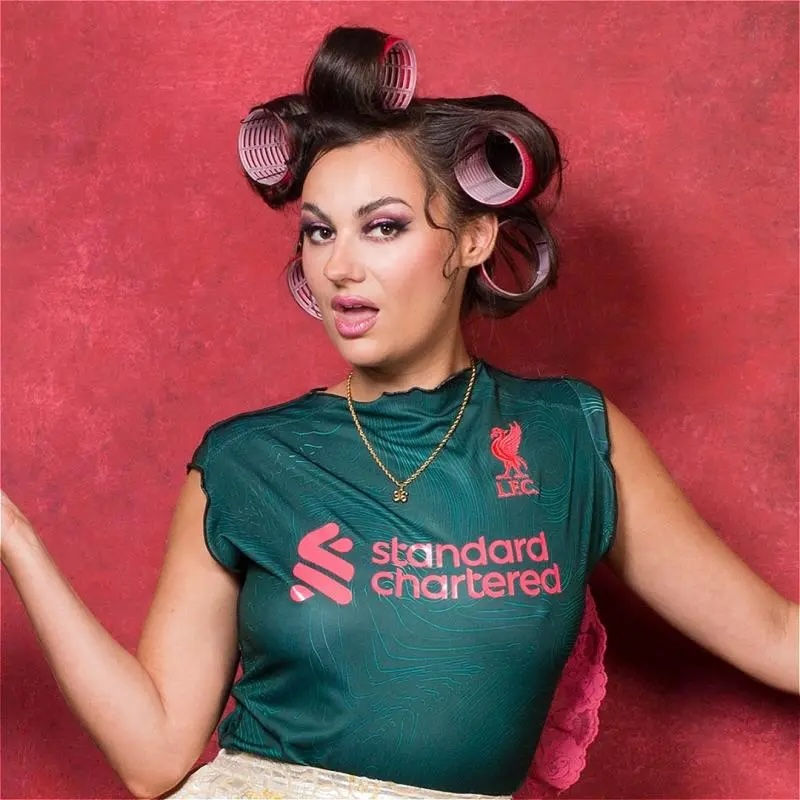Review: Shadow Under a Setting Sun - The Space Triplex Studio - Ed Fringe
- Aug 18, 2022
- 4 min read
Review by Carly Fisher
Unquestionably, it is not easy to stand in the shadow of someone great. It is made increasingly complicated when the person whose shadow you are in is regarded as one of the greatest of all time. And further still, when it is the 1960s and women are still limited in what they may do and what they may accomplish.
And so the scene is set for Shadow Under A Setting Sun, a piece of new writing that puts Coretta Scott King centre stage and in the limelight to talk about her life, both with and then beyond her relationship with Martin Luther King Jr.
As the widow of one of the most beloved characters in history, this show sounded like it would have a lot to cover. Afterall, Coretta in her own right was an activist whose work continued long past the murder of her husband, and, as the wife of one of the greatest activists of the 1960s, her life was surely colourful.
The story here takes place at a lectern as Coretta delivers a speech to students of Harvard University that aims both to recount her life story and inspire others to take action when there is need for leadership and change. The speech is interspersed with flashbacks that generally take the form of a song and interrupt what is otherwise quite a monotonous speech.
Rebecca Brookman has a beautiful singing voice and it is in these flashback moments that I feel we really get to see her take on the true essence of Coretta. These moments allow for variation, for emotional reach and heighten the storyline immensely as we get a glimpse into the real life and emotions of Coretta, not the version of her on display at that lectern.
The concept of being ‘on display’ or ‘presentational’ is perhaps for me where this play goes awry. We don’t get the opportunity to see anything new of Coretta that we would not have otherwise known, outside of these brief and sparse moments of flashback and song. The public life is what we already knew…and this play, therefore, delivers little new to the overall story of who Coretta Scott King truly was.
The play seemed to be in development and if this is the case, I hope that the next iteration will offer greater exposition to the Coretta behind the scenes, rather than seeing an actor recount her life’s work already known within a public sphere. In fact, the few times that the play was used to offer insight into the ‘behind the scenes’ lives of Coretta, the way that she is written suggests more resentment than anything else - not at MLK Jr necessarily, but certainly at the circumstances before her and the expectation held by many, MLK Jr included, that she should be a doting wife, rather than a leader too in the civil rights movement. This frustration is clearly registered, and, to be fair, rightly so.
Where the script did not work for me was in the projections of the future - removing us completely from the narrative, the solo performer tells us ‘and later in my life I will…’ This moment truly lost me as an audience member - until then, I had been trying to suspend my disbelief to believe this actor as Coretta Scott King but that quick mention of a life that she couldn’t have known was coming completely removed me from the piece and challenged the temporal integrity of the piece. This future projection felt more like a technique used in a history project than a sample of Christopher Tajah’s otherwise solid writing. This piece is missing a sense of urgency and power which seems a big miss considering it is the tale of an activist.
Brookman was clearly nervous and having only 2 of us in addition to the director/writer in the audience would have done nothing to settle those nerves. I commend her for taking on this big piece - a solo show is no easy undertaking and a character like this with a big history and big profile, as well as a challenging accent, is clearly a tall order. Brookman gives it a mighty good go and with further direction and development of this show as a whole, I think that the overall execution of the production at large would substantially improve.
This new play by Tajah is one of four that he has this year at the Fringe and it is interesting to see his clear focus on important topics and underserviced historical figures through his works. I would be interested to see more of his work in the future.
Ultimately, this play was slightly ‘undercooked’ for this year’s Fringe Festival and doesn’t quite stand up to the quality of the other theatre productions I have seen so far. That said, Fringe is a great place to come and try new works and develop them further on the back of the audiences' response and so I cannot wait to see where this show goes.
Coretta Scott King is clearly a source of great inspiration and the story largely is very interesting - I hope that it continues to herald many more shows about the brilliant women behind famous men.

Image Supplied




